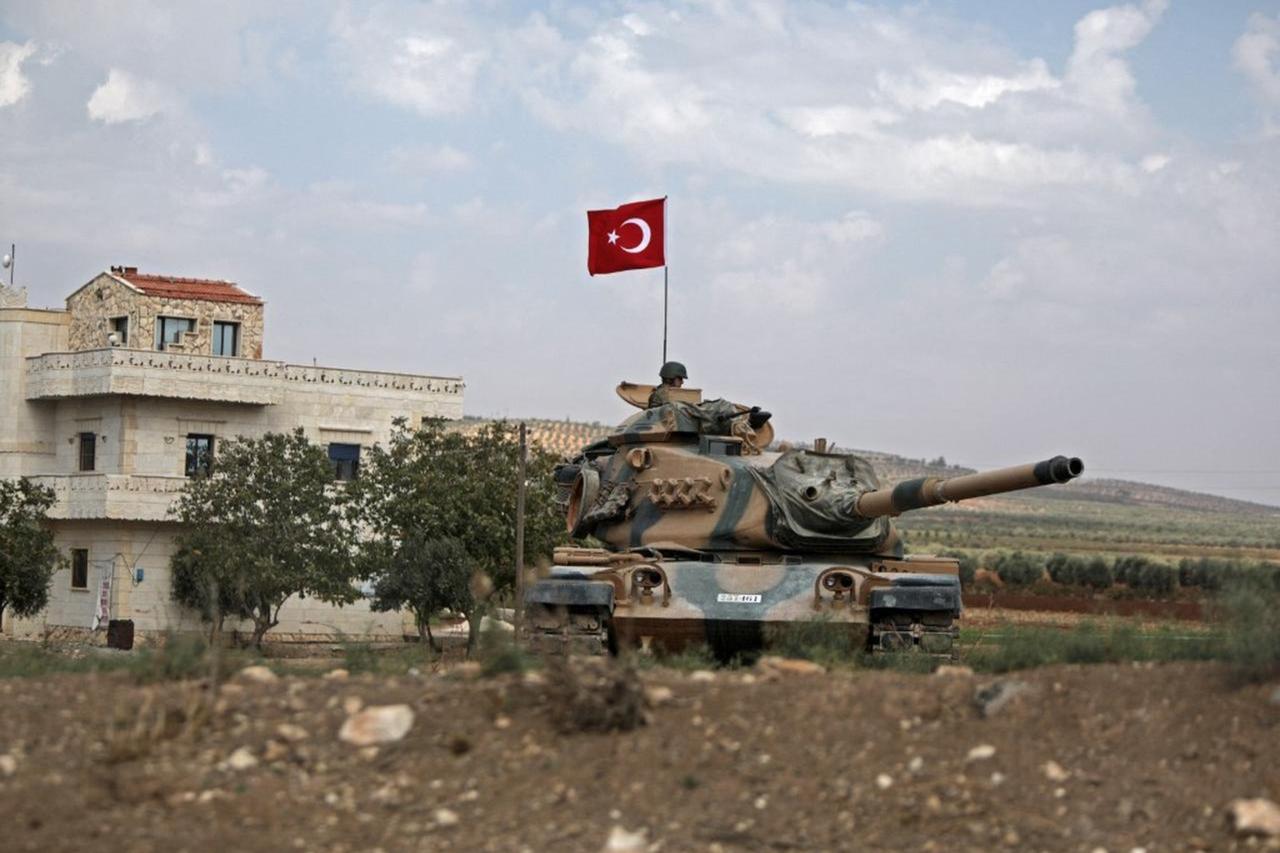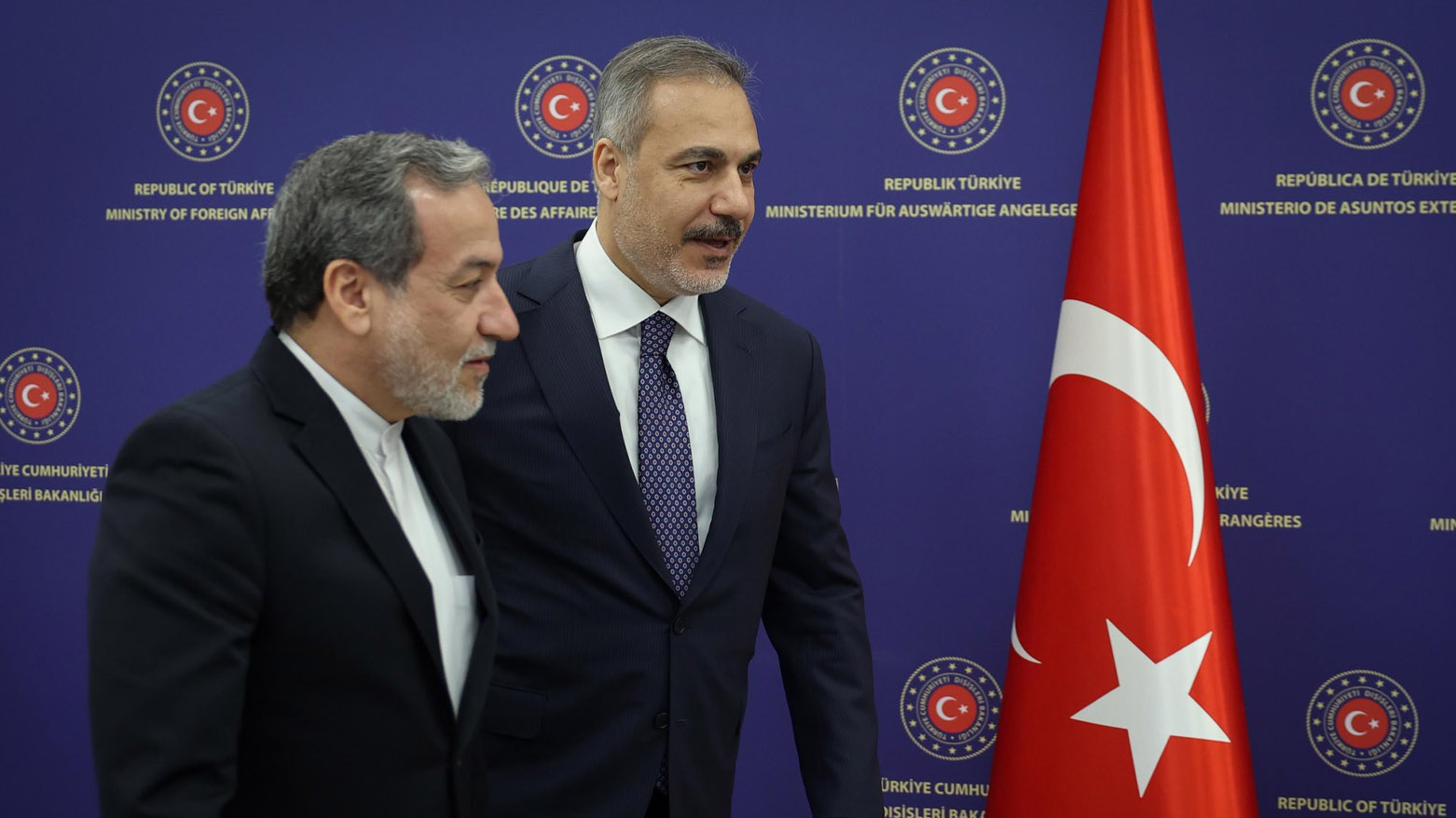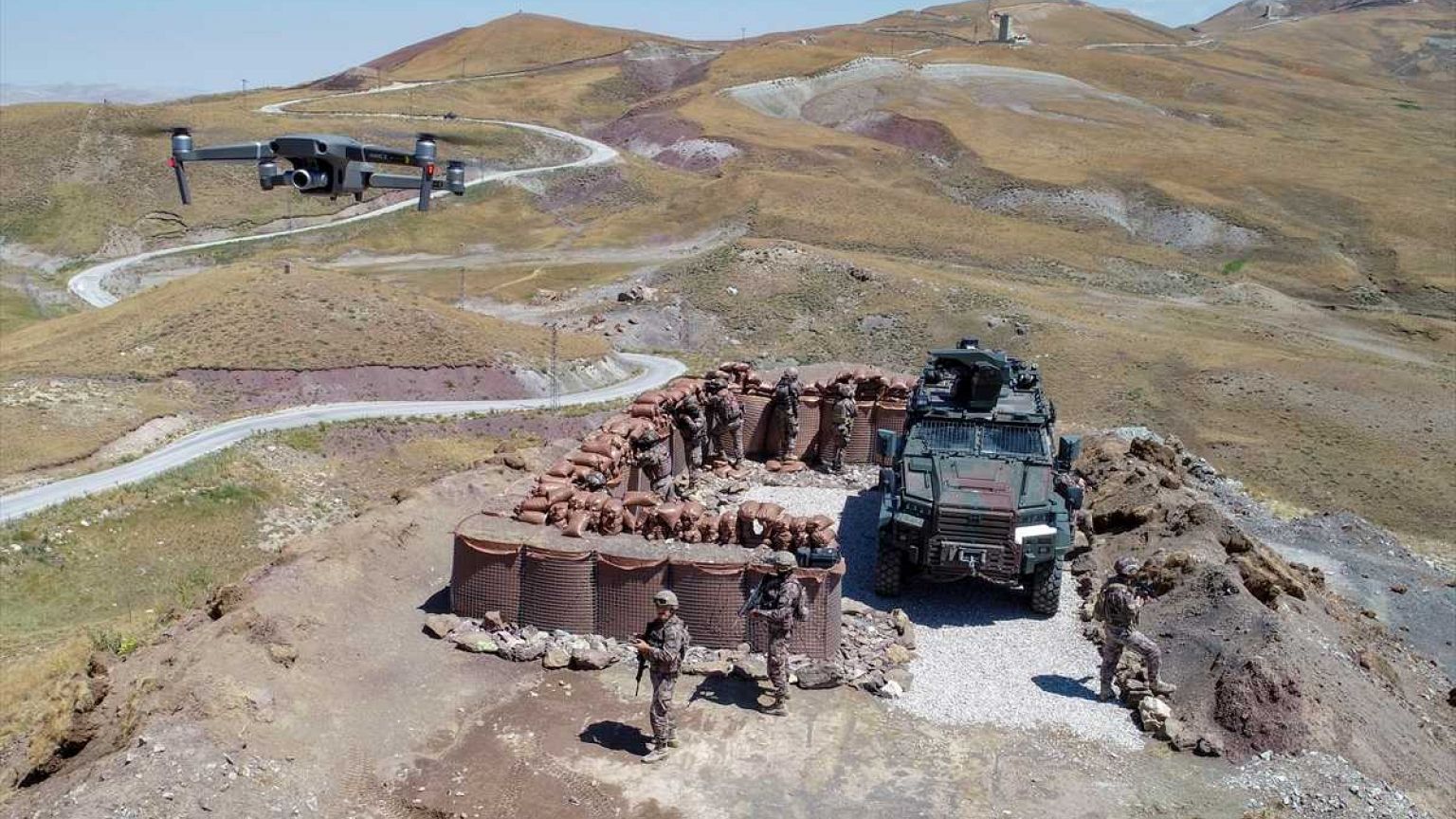
Türkiye has long watched Iran’s deepening influence across the Middle East with growing discomfort. From Lebanon to Iraq to Syria, Tehran’s proxy network—anchored by Hezbollah, the Popular Mobilization Forces (PMF), and various Shia militias—has undermined Türkiye’s own strategic reach. While Ankara invested in building economic ties, deploying soft power, and leveraging diplomatic channels, it struggled to compete with the IRGC’s hardened paramilitary apparatus.
In an interview on March 1, 2025, Foreign Minister Hakan Fidan delivered a pointed message regarding Iran’s regional policy: “If you disturb another country by supporting a faction within it, don’t be surprised when another country does the same to you.
Others have the same capabilities you do. Nothing remains hidden in today’s world. So if you don’t want stones thrown at your own glass house, you shouldn’t throw them at others,” following reports of Tehran’s growing support with PKK-affiliated groups in Syria.
For over a decade, Iranian-backed militias have undercut Türkiye’s regional influence. Whether in Syria’s Aleppo, Iraq’s Kirkuk, or Lebanon’s Tripoli, Turkish interests have routinely collided with Hezbollah, the IRGC, the PMF, or other factions linked to Tehran. But now, Israel’s targeted campaign—assassinating senior commanders, bombing logistics routes, and degrading military infrastructure—is eroding that web of influence.
Türkiye’s muted reaction to the assassinations—particularly Erdogan’s silence on Nasrallah’s death—was not confusion or contradiction. Ankara has long wanted a weaker Iran, just not at the price of regional tensions.
But as the dust settles, the weakening of Tehran’s regional tentacles may offer Türkiye an unprecedented opening to consolidate influence in northern Iraq, reshape Syria’s future, and even renegotiate its role in Lebanon’s fractured political landscape—all while it gains by default, its rivals are bleeding, and it hasn't spent a bullet.

As war raged with Israel, Iran quietly prepared for life after Khamenei. On June 18, Supreme Leader Ali Khamenei delegated sweeping powers to the IRGC’s Supreme Council, a move widely seen as a calculated step toward managing a potential post-Khamenei transition.
Whether prompted by credible threats to his life or internal expectations of his imminent departure, the decision signals the regime’s determination to prevent a leadership vacuum and safeguard its continuity at all costs.
Far from teetering on the brink, the Islamic Republic appears prepared to negotiate every condition necessary to survive. Fears of regime collapse might look overstated, as Iran’s ruling elite have spent decades building a system resilient to crisis, fortified by internal cohesion, elite loyalty, and the ruthless tools of authoritarian control.
And this, ironically, suits Türkiye. Ankara has no interest in a failed state next door. What it wants—and what now seems likely—is a weaker but still centralized Iran: a regime too burdened at home and too wounded abroad to meddle across the region. Collapse would create a Syria-style vacuum on Türkiye’s eastern border. Strategic contraction, on the other hand, gives Ankara space without the spillover chaos.

Türkiye’s foreign policy has evolved since its post-Arab Spring overreach. Today, Ankara prioritizes strategic patience and long-term influence over rapid disruption. In that light, the current Israel-Iran conflict—while undeniably volatile—is not necessarily a setback. It is a reshuffling of the regional chessboard, and Türkiye may well come out with more space to maneuver.
Yes, the Turkish economy remains vulnerable to oil shocks—but that’s true in any Middle Eastern crisis. What’s different this time is the potential upside: if Israel succeeds in degrading Iran’s ability to project power across the region, Ankara may no longer need to spend as much political and military capital countering Tehran’s influence and threats in Iraq, Syria, and even the South Caucasus.
As for the Kurecik radar base, Iran so far has not acted on that rhetoric, even. Likewise, concerns over a fresh wave of refugees may be overstated. Despite the unrest, the bulk of Iran’s population remained inside its borders in the first tour of the conflict, as the social control mechanisms seemed to be in place.
As Iran retreats, a power vacuum is opening from the Bekaa Valley to the Shatt al-Arab. And Türkiye is better positioned than any other actor to step in. In Iraq’s north, Ankara already has deep economic and military roots. In Syria, it controls territory and maintains leverage over multiple factions.
Even in Lebanon, where Sunni political forces have been sidelined by Hezbollah’s dominance, Iran’s weakening grip could allow Turkish-aligned actors to reemerge.
Longer-term, Türkiye could even expand its soft power inside Iran—particularly among Azeri and Kurdish minorities—through cultural diplomacy, economic ties, and information networks. For a country that sees itself as a civilizational anchor in the region, the rollback of Iranian influence is more than an opportunity—it’s a historic opening.
Officially, Ankara is calling for calm, and it didn’t choose this war. But as the conflict unfolds, Türkiye may find that its regional ambitions are being quietly served.
Uncomfortably, and with new risks emerging from the Israeli side, the campaign is nonetheless achieving what Ankara has long desired: a Middle East where Tehran is no longer calling the shots.